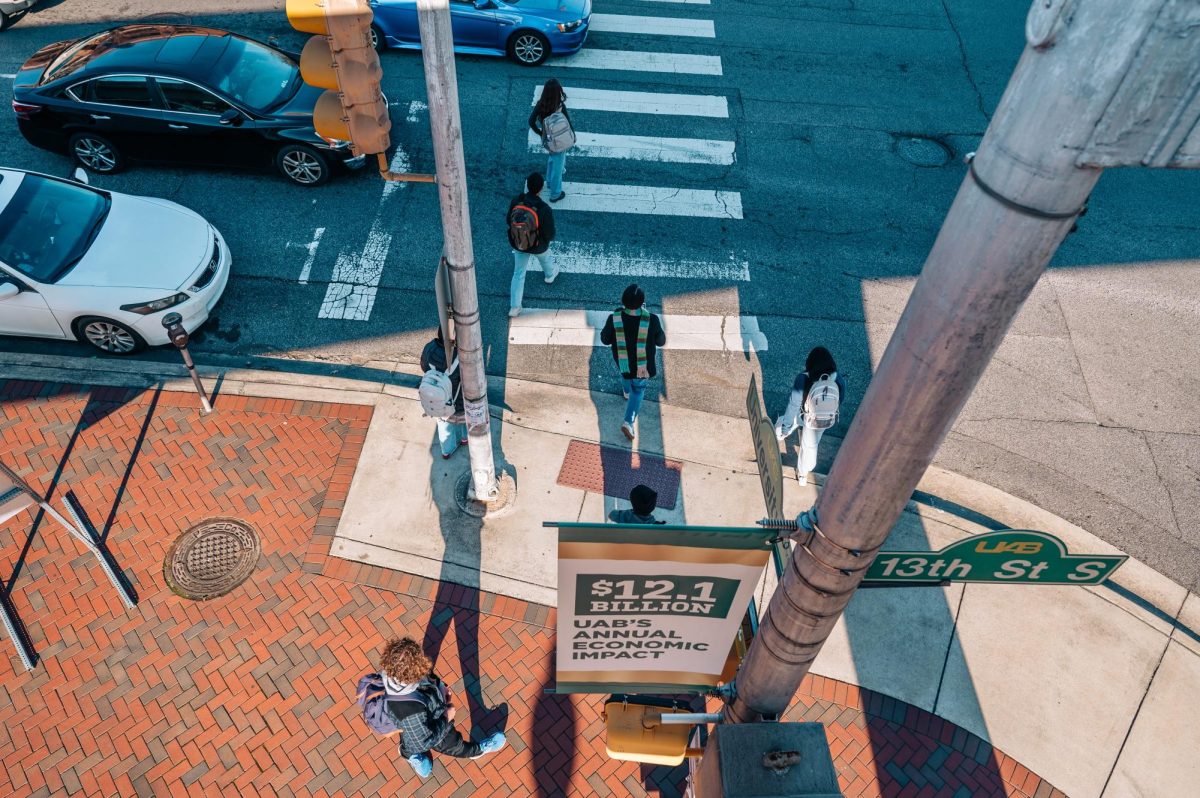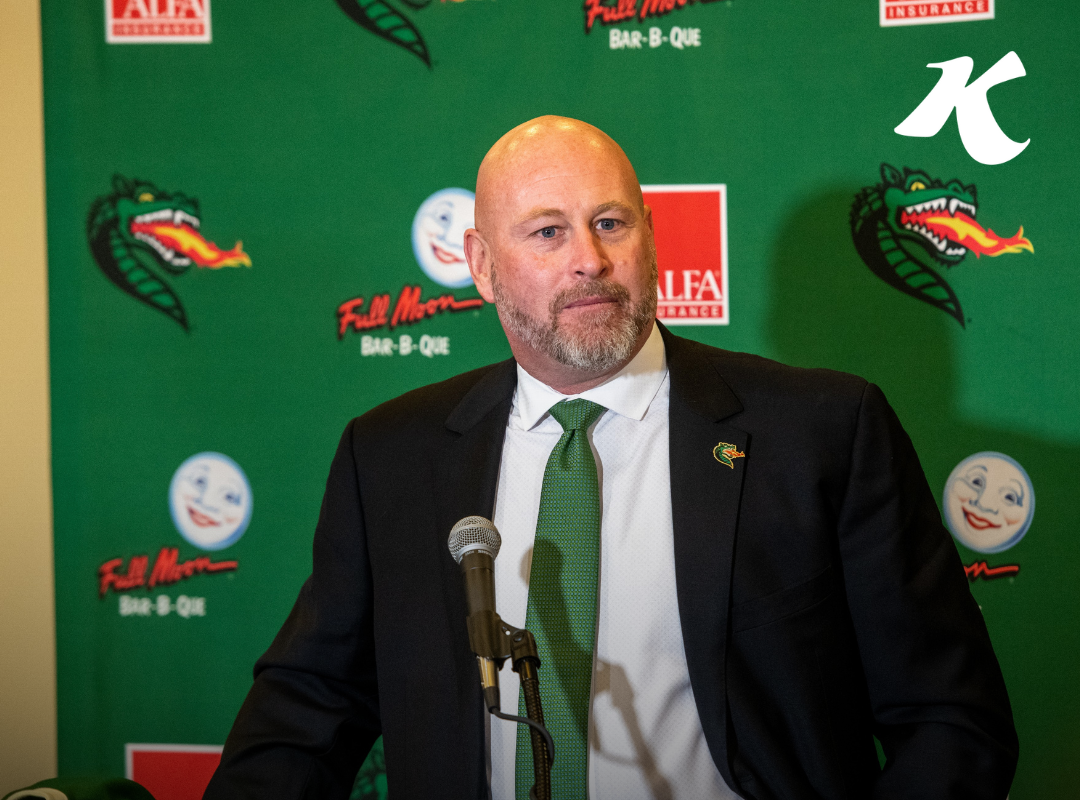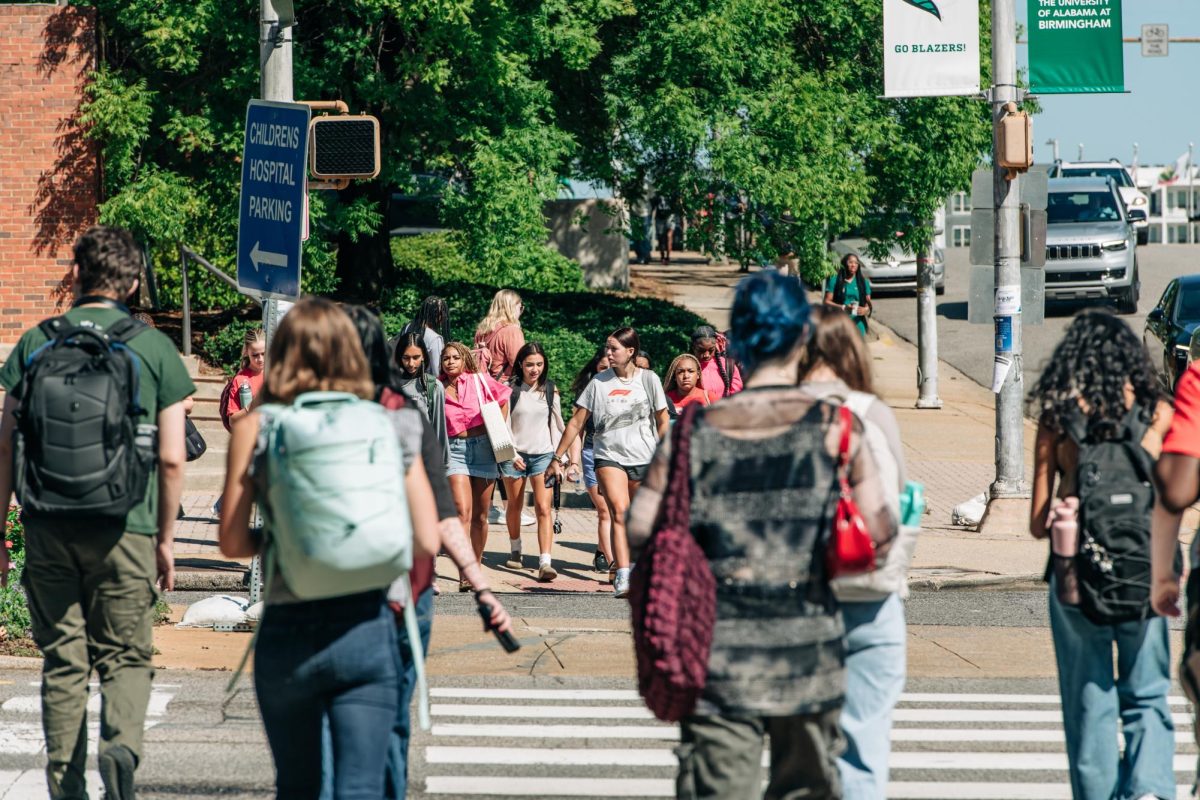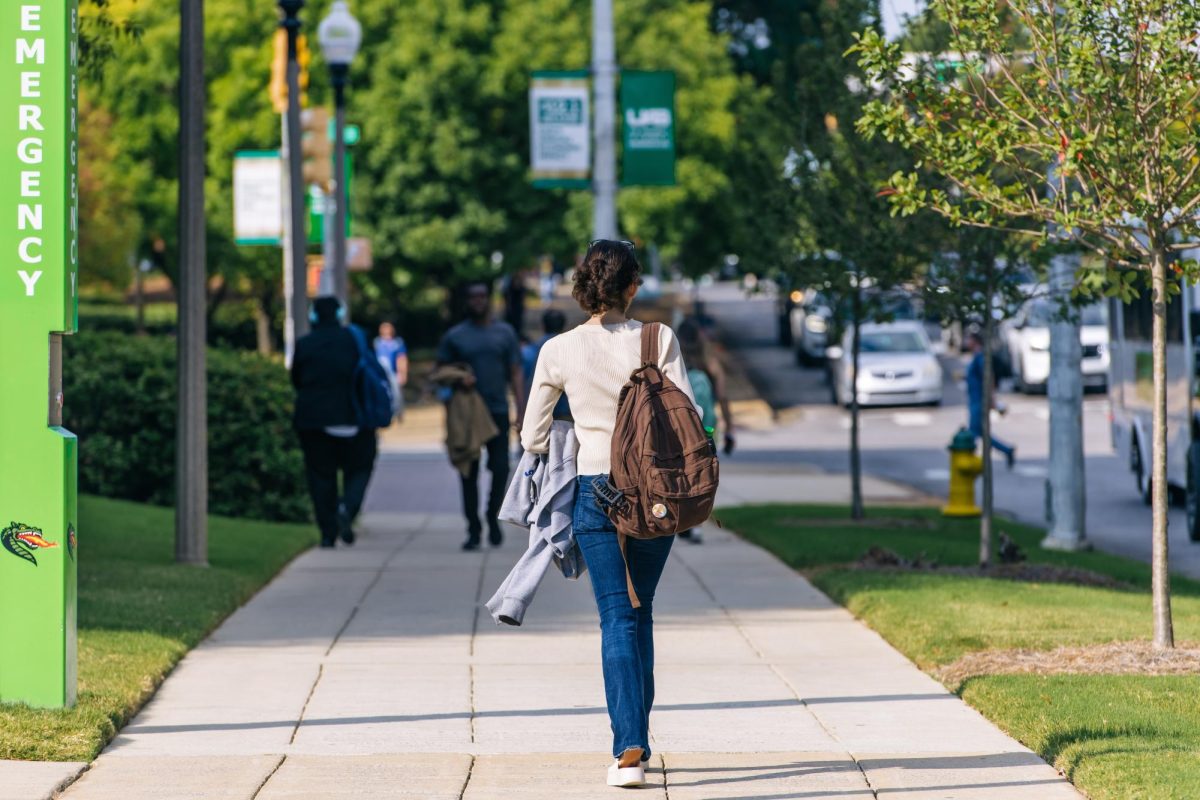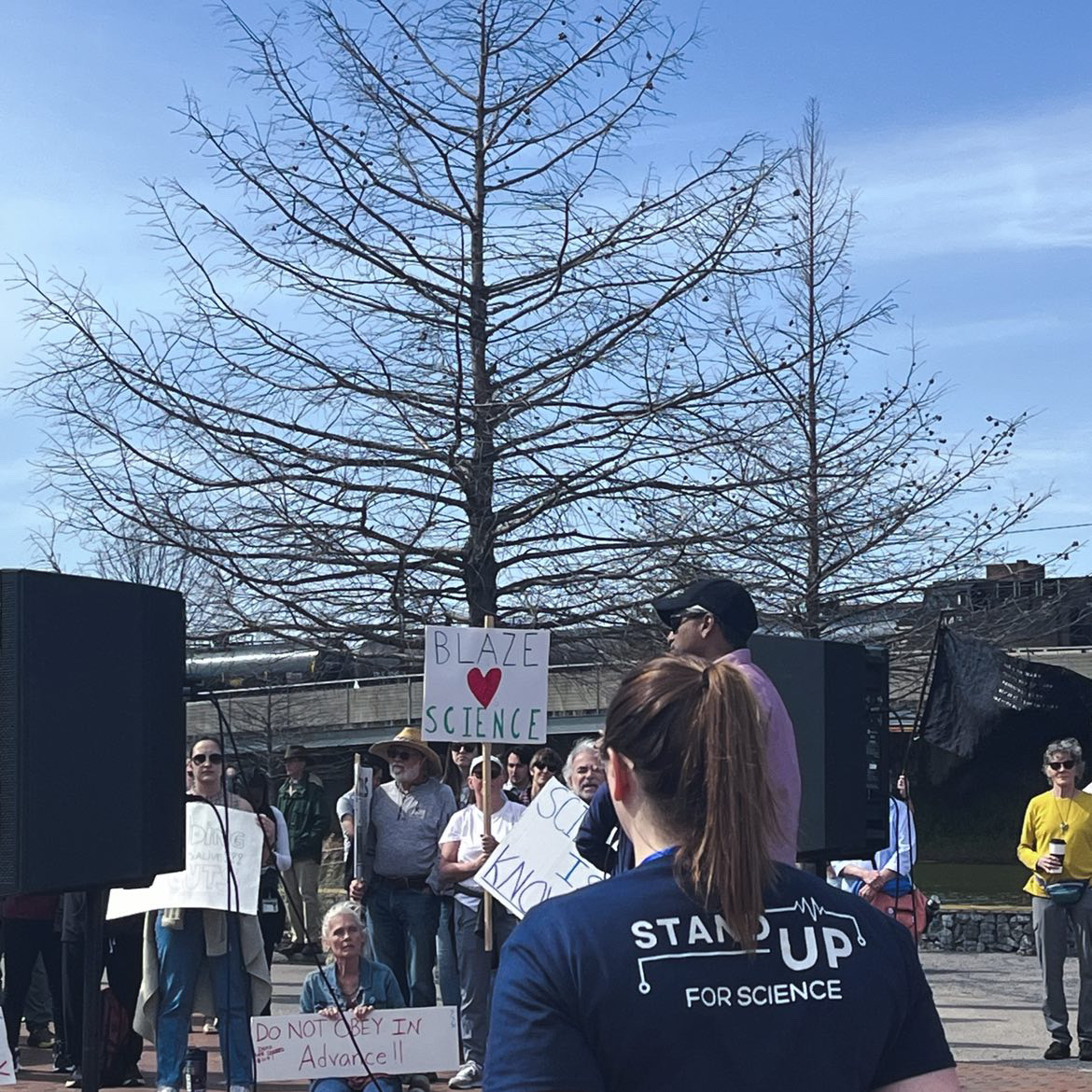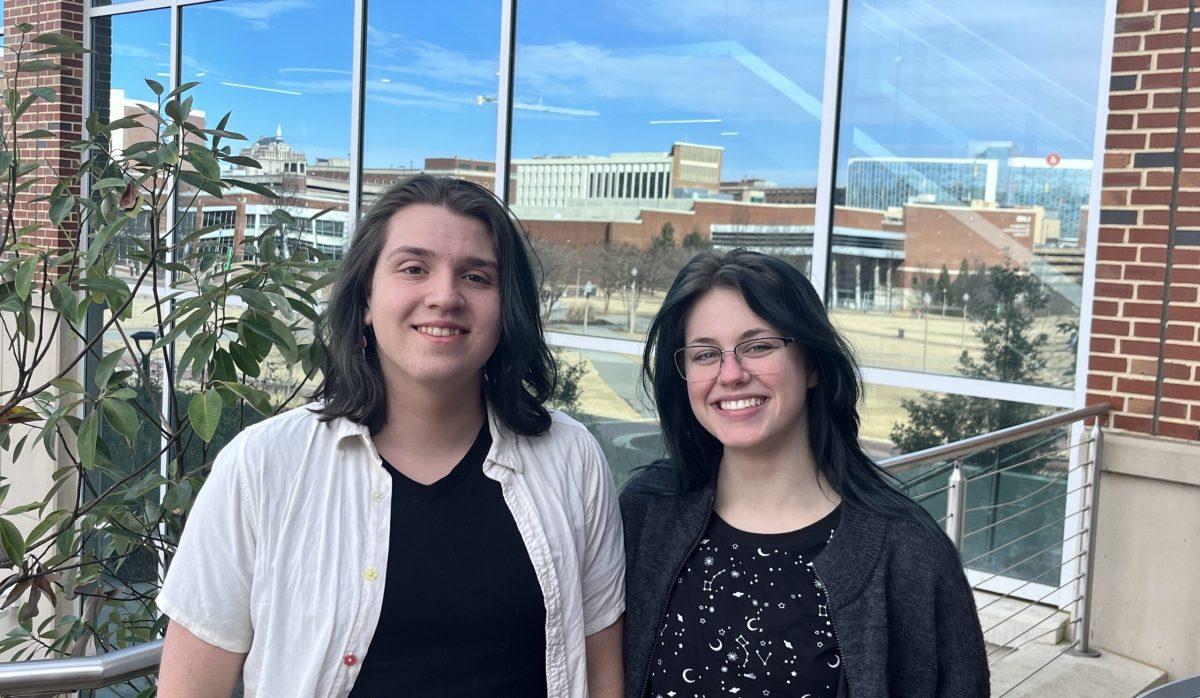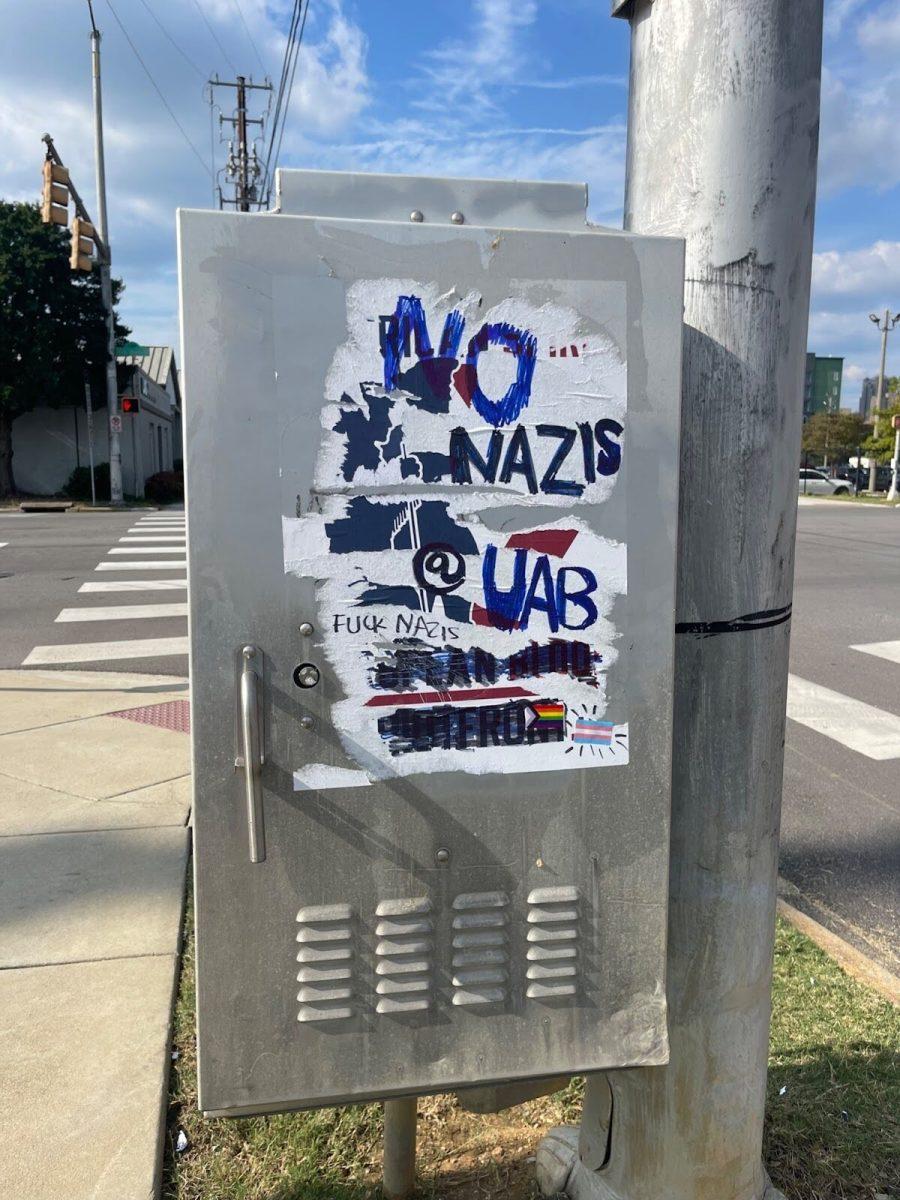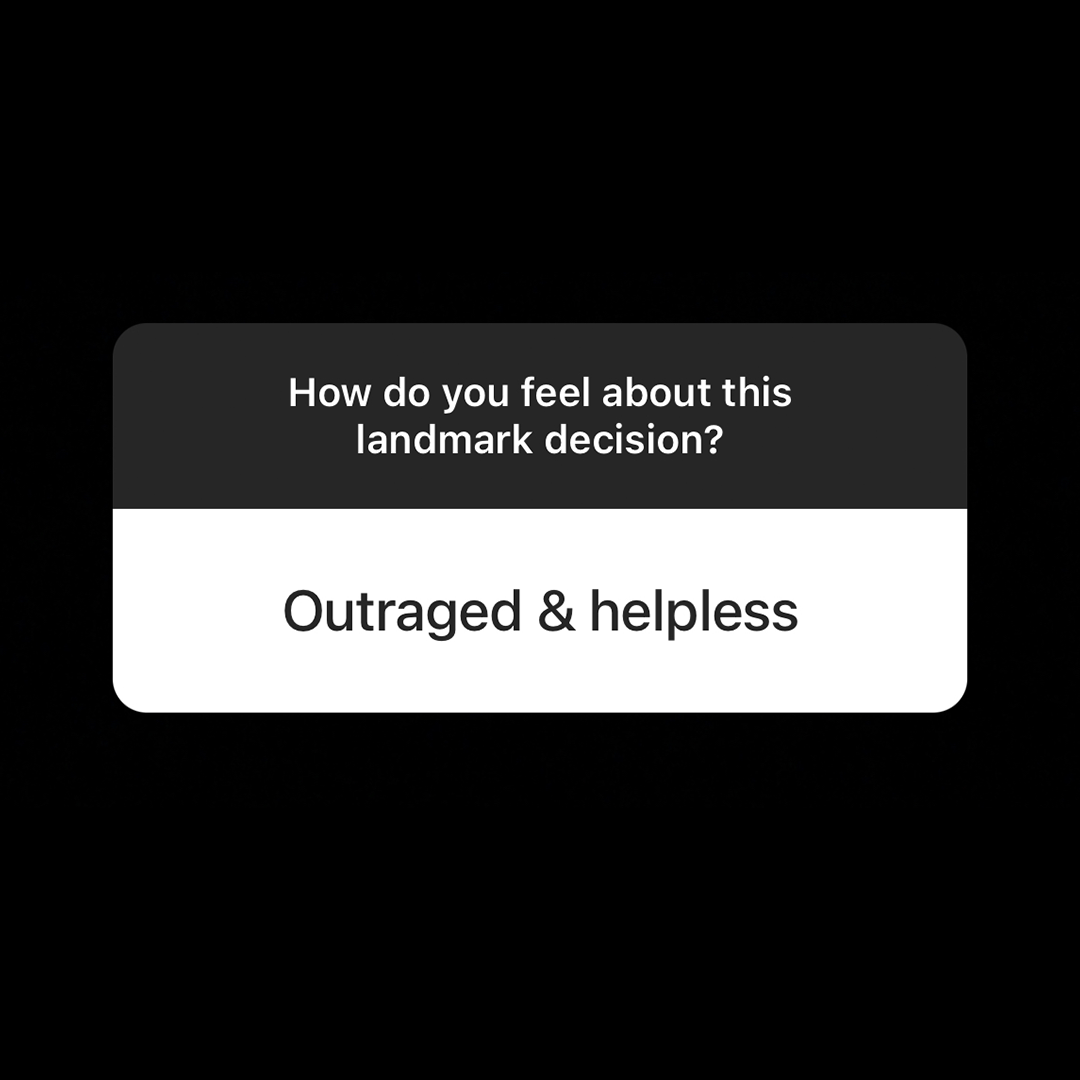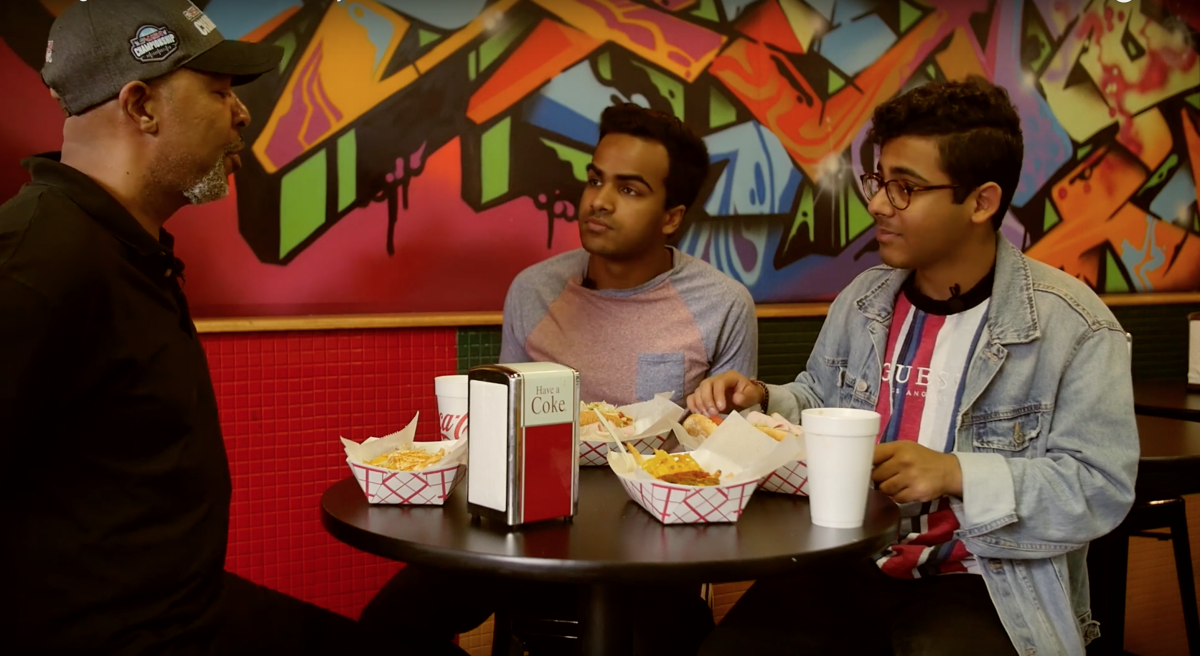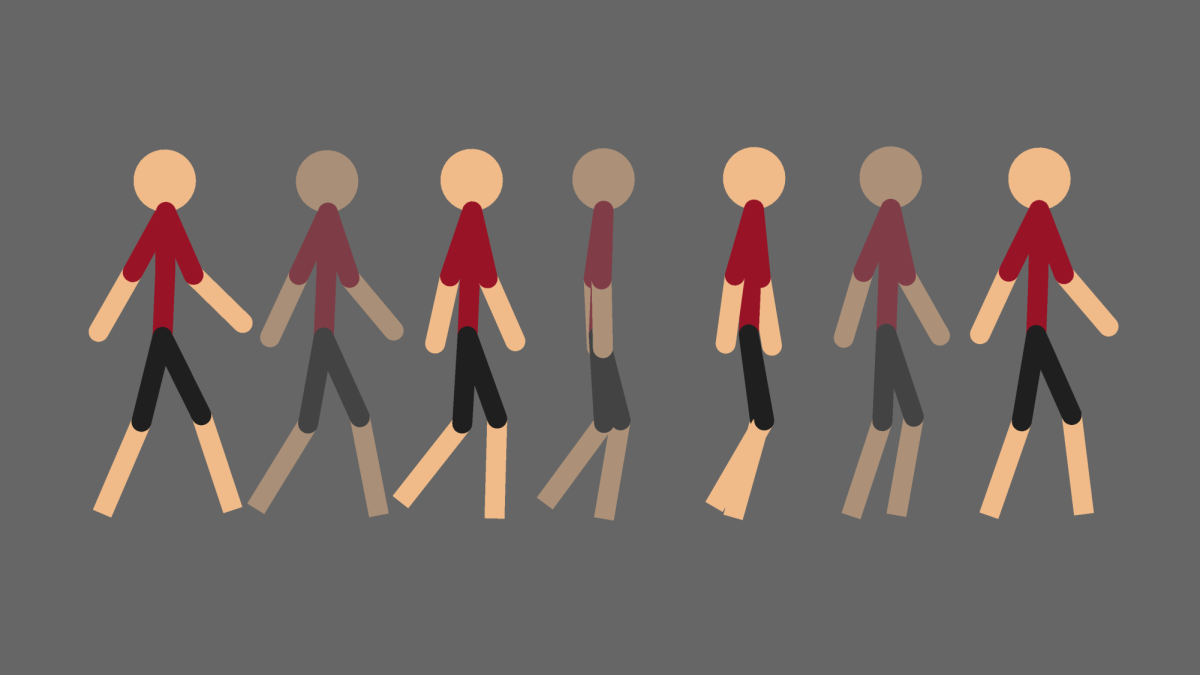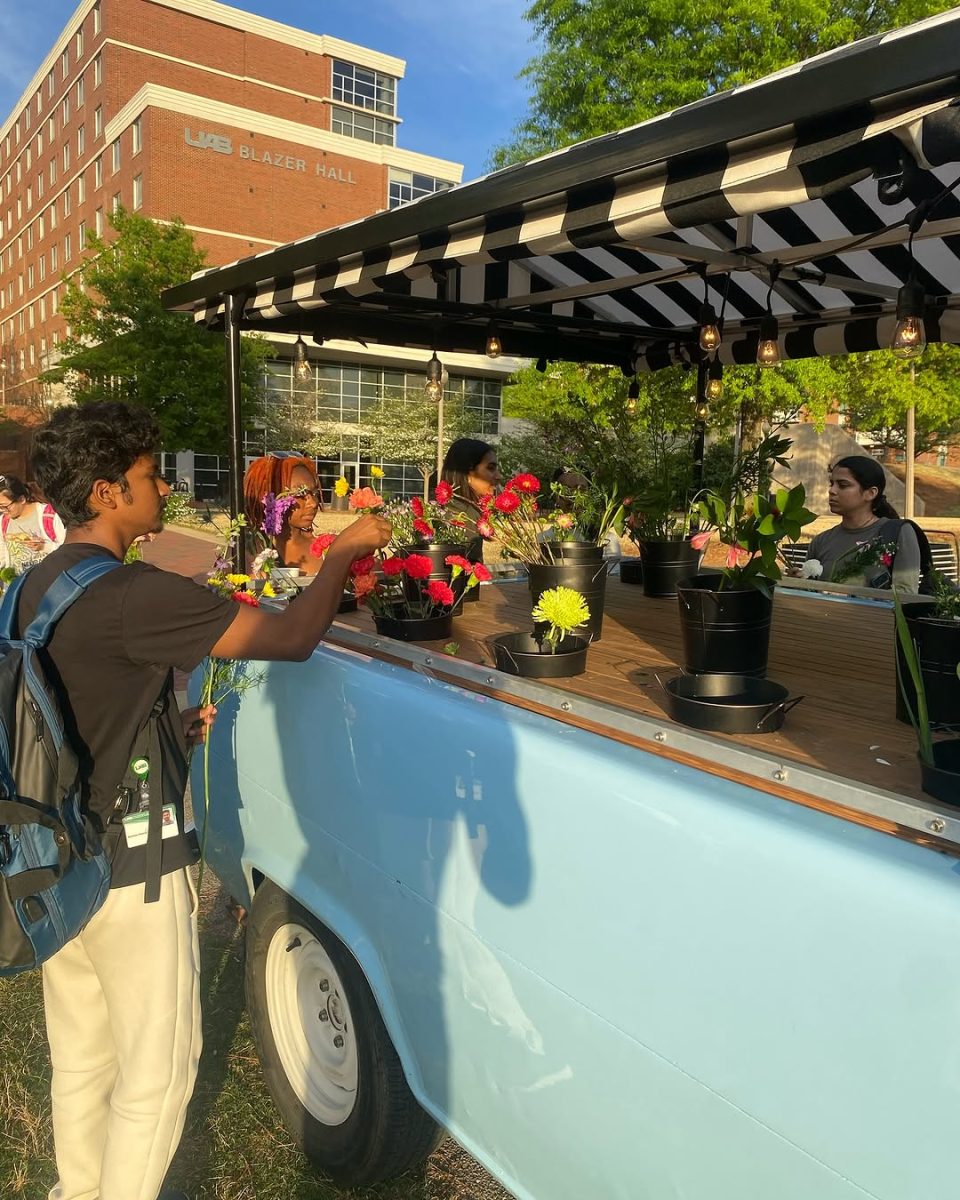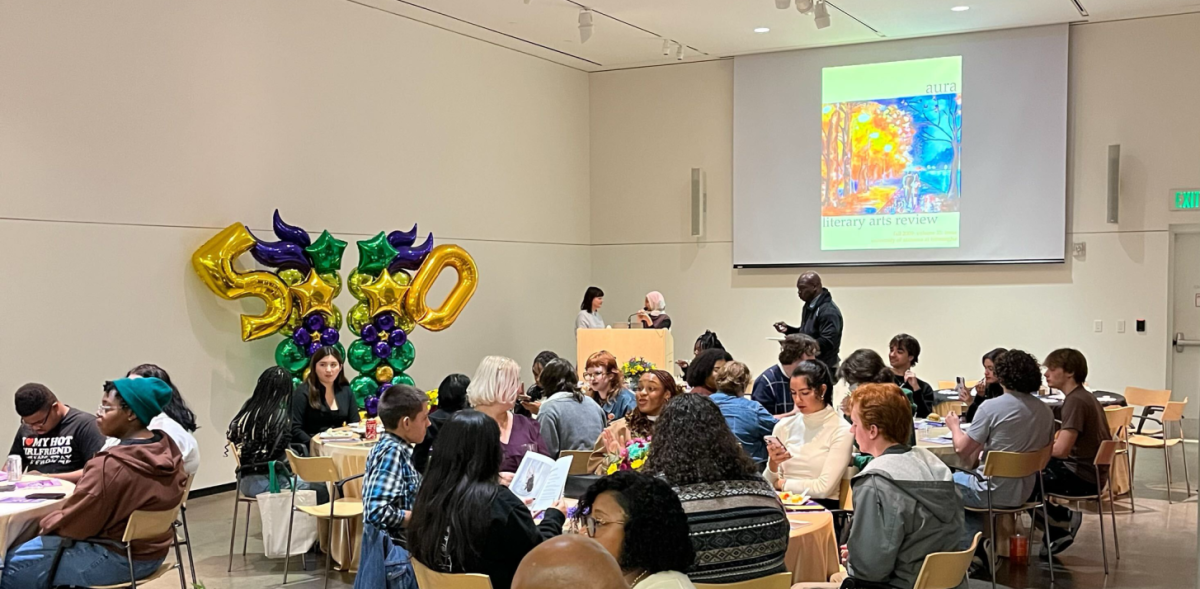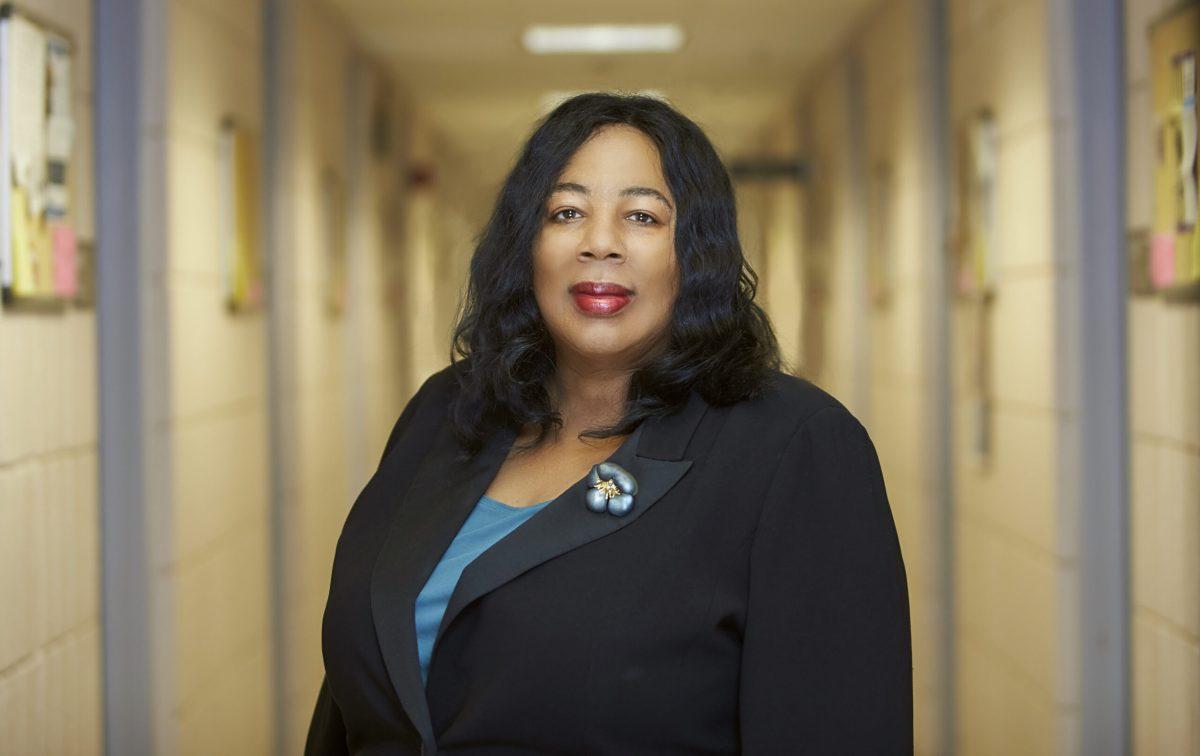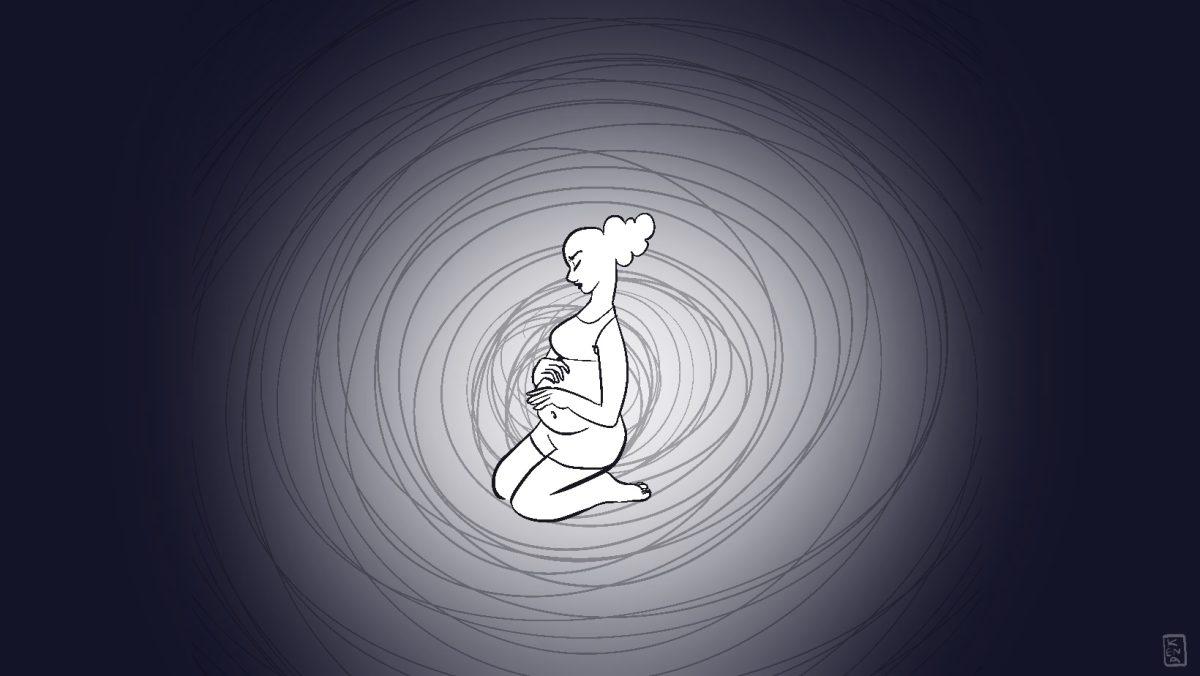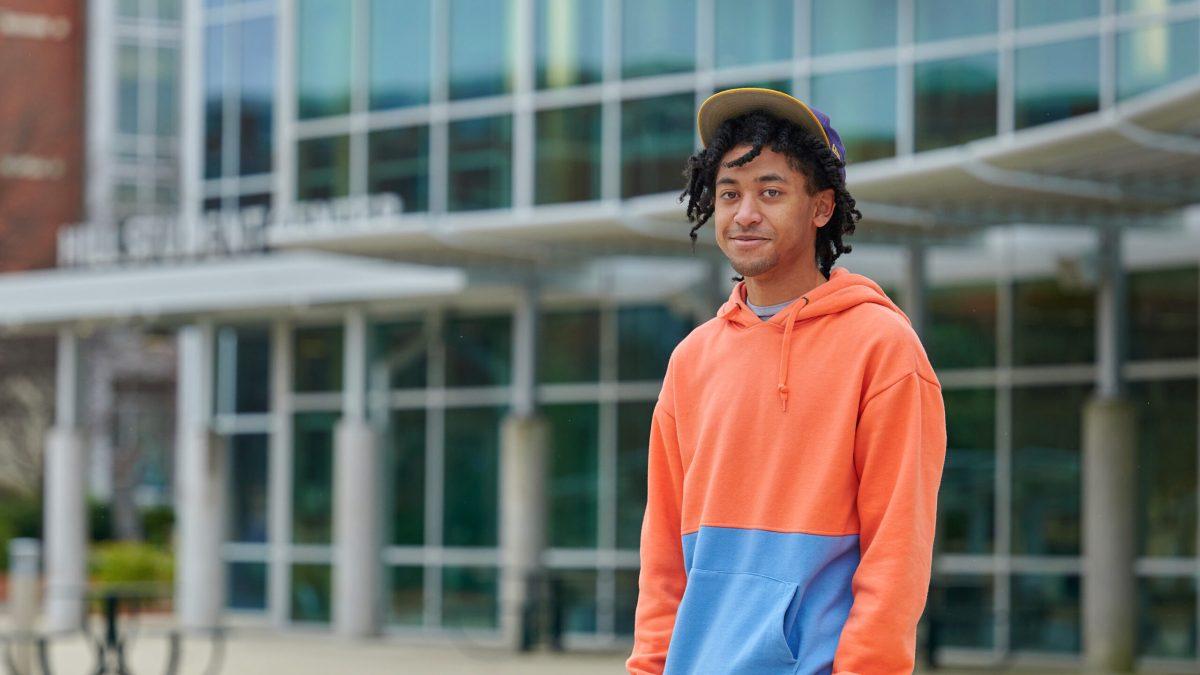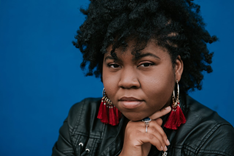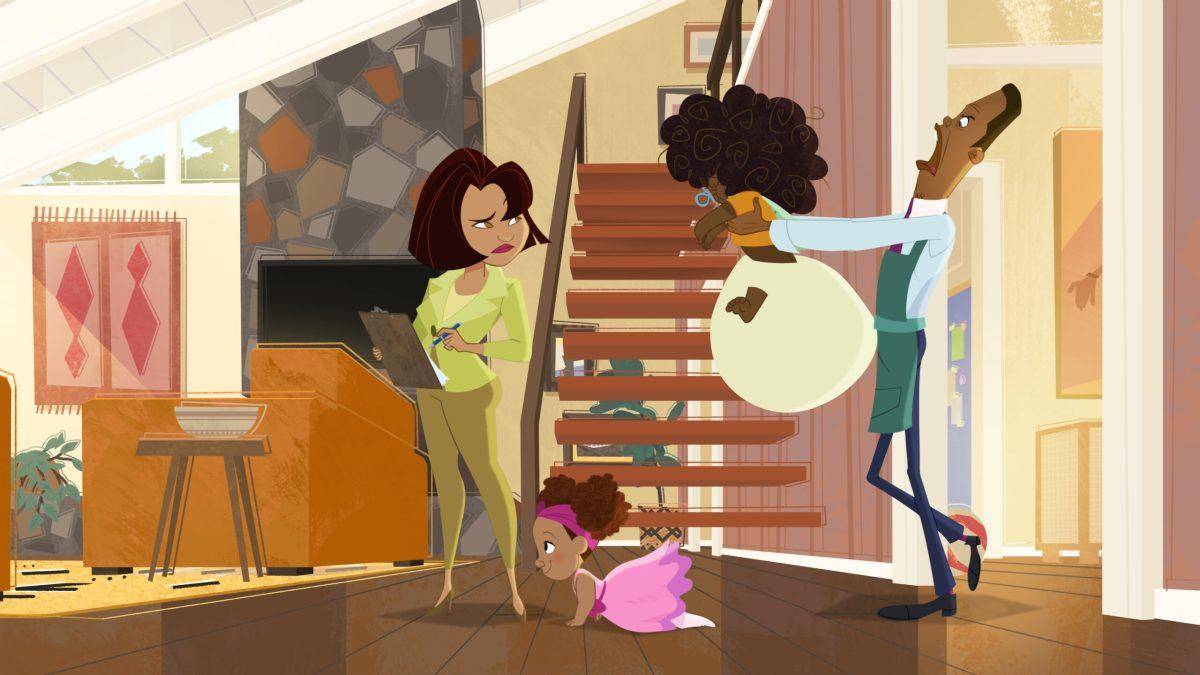The flaws in the healthcare system are not being addressed, leading to distrust in the Black community and creating a false narrative according to ethicist and writer Harriet Washington.
Washington researches the exploitation of Black bodies and common misconceptions about the Black community due to the shortcomings of the American healthcare system and the media surrounding it. According to her, when clinical trials for the COVID-19 vaccines were being conducted and misinformation was spreading, the media was blaming the Tuskegee experiment for Black people’s skepticism without evidence or studies. To dispel this myth, she looked to the data on clinical trials.
“I [requested the data] and I saw African Americans represented both [Moderna and Pfizer] piles by approximately 10% of the subject pool. African Americans make up 12.3% of the U.S. population. That is a very respectful showing,” Washington said. “That is not hesitation. That is not avoidance. That is joining clinical trials at your rate in the population.”
Washington said there is a common misconception about black people’s wariness of the healthcare system, but most often it is not true. This was evident through the data from the clinical trials.
“There was no rejection of clinical trials. That was a fiction that needed to be corrected,” Washington said.
However, she said that other universities and schools are using the information she diligently researched to make treatment better for patients, come up with new policies and change the system for the better. This could equal a brighter future for the Black community, but Washington said there is still far more work to be done.
Part of the work Washington has done herself is her 2007 National Book Critics Circle Award winning book, “Medical Apartheid: The Dark History of Medical Experimentation on Black Americans.” The inspiration for the book came after she found old files in a file cabinet which detailed the disturbing disparities between the white American patients and the Black American patients.
“It made me more acutely aware of other individual racial slights that I had not looked on as being a collective problem necessarily. I began seeing there was a class of people that was getting inferior care and that class of people was African American,” Washington said.

